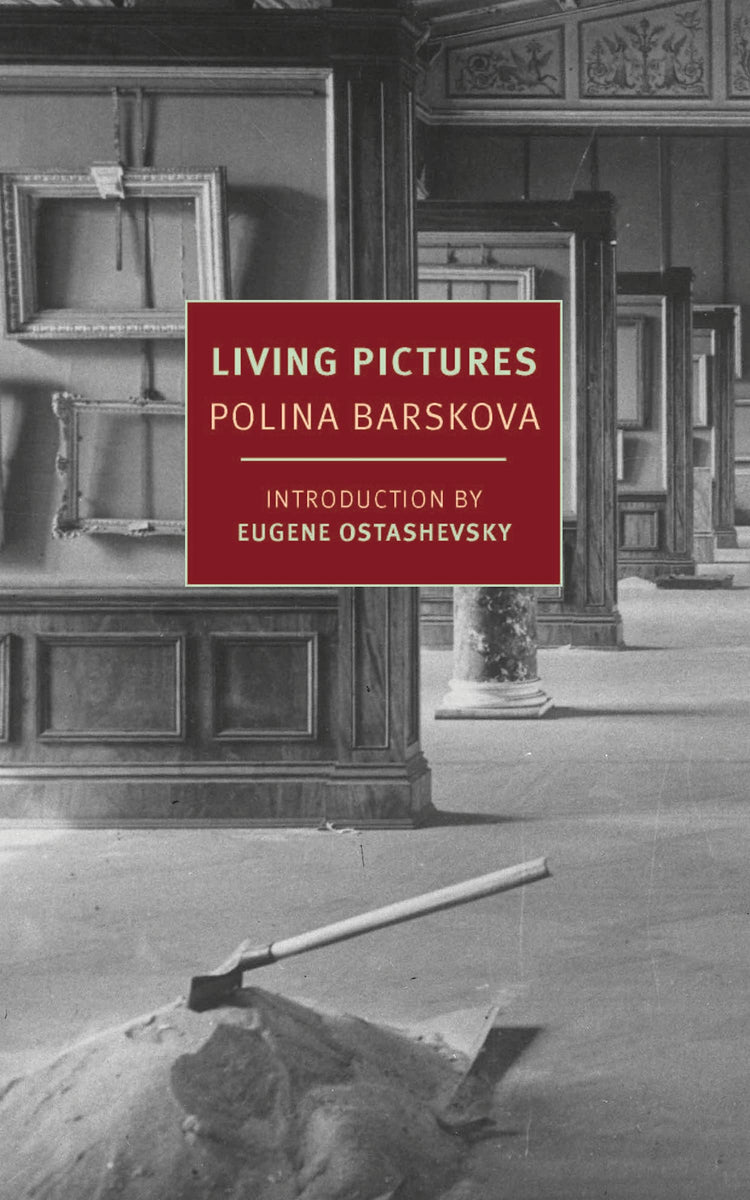Living Pictures
Polina Barskova
- Regular price
- $23.95
- Regular price
-
- Sale price
- $23.95
- Unit price
- per
A poignant collection of short pieces about the author's hometown, St. Petersburg, Russia, and the siege of Leningrad that combines memoir, history, and fiction.
Living Pictures refers to the parlor game of tableaux vivants, in which people dress up in costume to bring scenes from history back to life. It’s a game about survival, in a sense, and what it means to be a survivor is the question that Polina Barskova explores in the scintillating literary amalgam of Living Pictures. Barskova, one of the most admired and controversial figures in a new generation of Russian writers, first made her name as a poet; she is also known as a scholar of the catastrophic siege of Leningrad in World War II. In Living Pictures, Barskova writes with caustic humor and wild invention about traumas past and present, historical and autobiographical, exploring how we cope with experiences that defy comprehension. She writes about her relationships with her adoptive father and her birth father; about sex, wanted and unwanted; about the death of a lover; about Turner and Picasso; and, in the final piece, she mines the historical record in a chamber drama about two lovers sheltering in the Hermitage Museum during the siege of Leningrad who slowly, operatically, hopelessly, stage their own deaths.
Living Pictures refers to the parlor game of tableaux vivants, in which people dress up in costume to bring scenes from history back to life. It’s a game about survival, in a sense, and what it means to be a survivor is the question that Polina Barskova explores in the scintillating literary amalgam of Living Pictures. Barskova, one of the most admired and controversial figures in a new generation of Russian writers, first made her name as a poet; she is also known as a scholar of the catastrophic siege of Leningrad in World War II. In Living Pictures, Barskova writes with caustic humor and wild invention about traumas past and present, historical and autobiographical, exploring how we cope with experiences that defy comprehension. She writes about her relationships with her adoptive father and her birth father; about sex, wanted and unwanted; about the death of a lover; about Turner and Picasso; and, in the final piece, she mines the historical record in a chamber drama about two lovers sheltering in the Hermitage Museum during the siege of Leningrad who slowly, operatically, hopelessly, stage their own deaths.
Share
Couldn't load pickup availability

